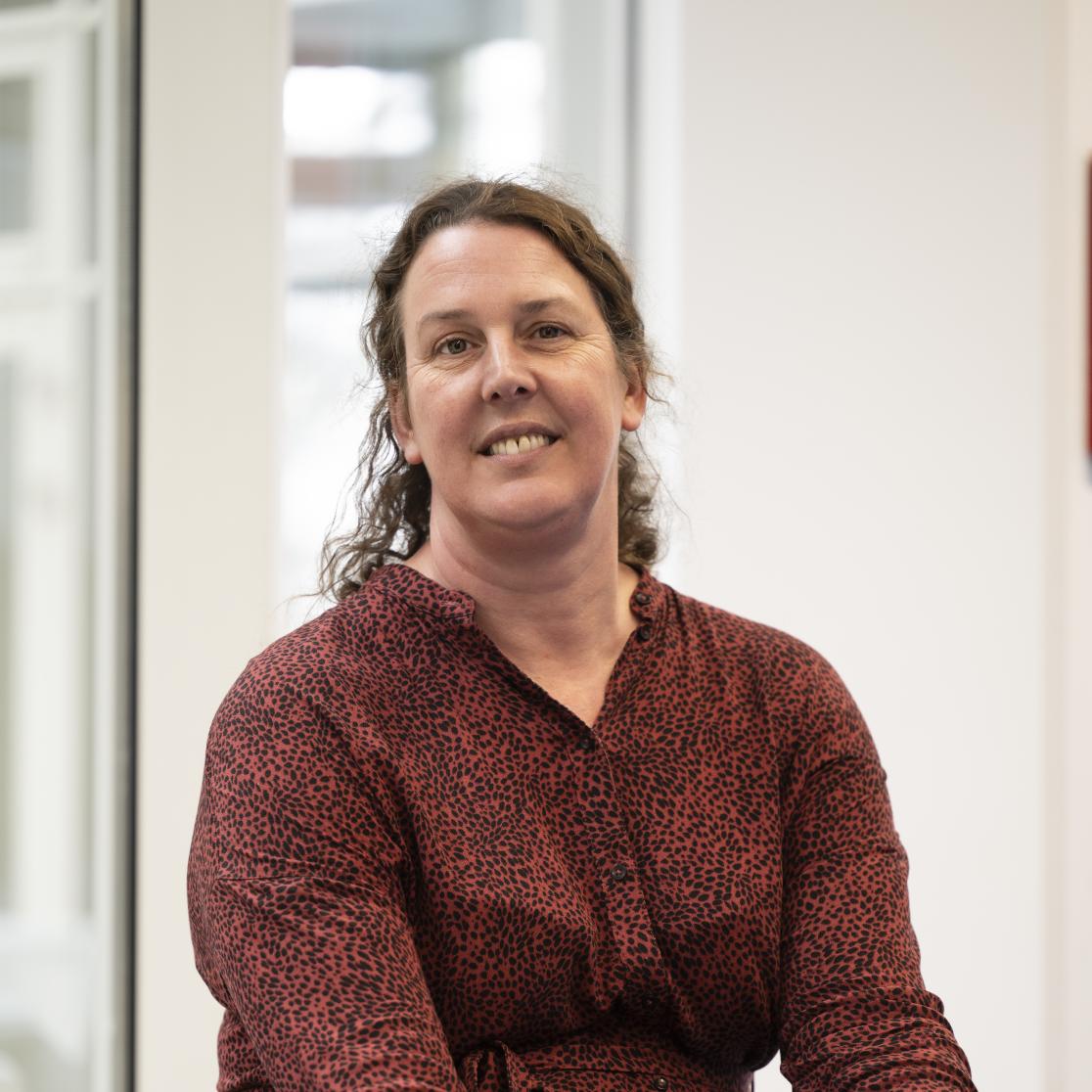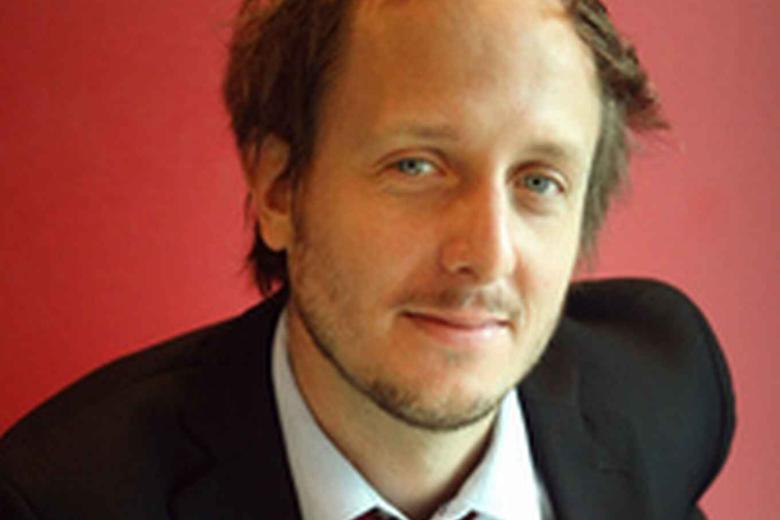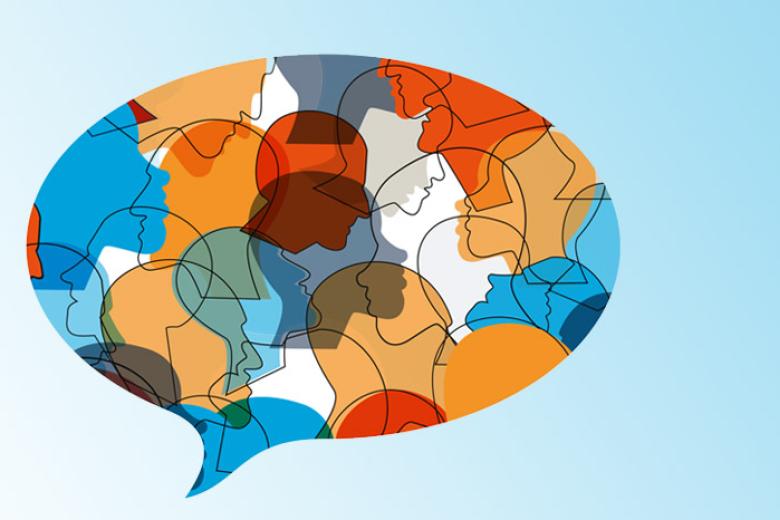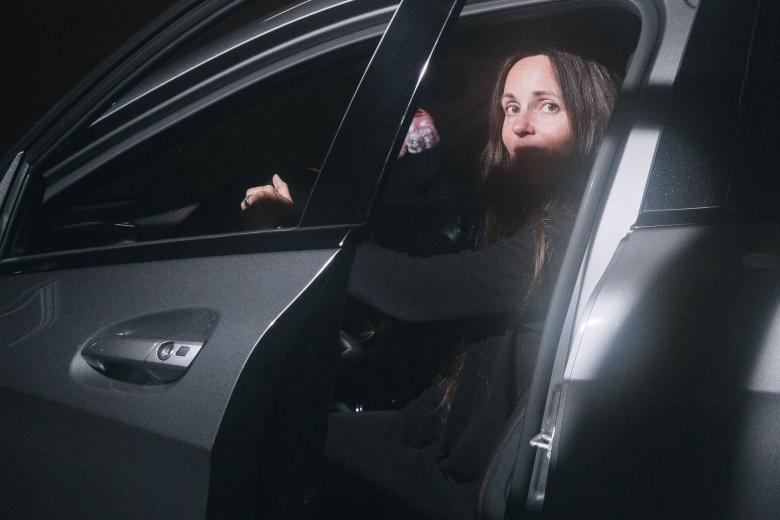Learning to build bridges
Technology has the potential to improve the quality of medicine and healthcare while also making it more personal and sustainable. But to reach this potential, healthcare professionals and researchers need multidisciplinary training. New programmes like the Bachelor in Regenerative Medicine and Technology and the Master in Health and Digital Transformation teach students to work across disciplines and collaborate with social partners.
And these multidisciplinary programmes are proving to be popular. The master’s programme has already received 50 serious applications for the coming academic year; the bachelor’s, nearly 200. What makes these programmes so appealing to students? Jurica Bauer, coordinator of the bachelor’s programme, cites the innovative nature of the disciplines involved. “Major breakthroughs often occur at the intersection between disciplines. Students are well aware that technology drives scientific progress.”
Bauer gives a number of examples from regenerative medicine. This emerging field combines science and technology to develop new therapies that enable the body to repair or regenerate itself. “Consider a patient involved in a motorbike crash who would previously have needed a leg amputation. In some cases, we can now stimulate the growth of the damaged bone tissue.” Or take diabetes, a chronic disease that Bauer anticipates will be eradicated within 20 years. “With the help of technology, our bodies will increasingly be able to repair themselves. This offers an alternative to organ and tissue transplants and sometimes lifelong medication.”
Data-driven healthcare
Technology also plays a key role in digital healthcare and health sciences. When we think of digital healthcare, we often think of e-health services or nifty gadgets like blood pressure apps, video calling and digital self-monitoring tools. But the digital transformation extends to large-scale changes in hospital processes and organisational cultures, explains Marieke Spreeuwenberg, coordinator of the Master in Health and Digital Transformation. “Digital technologies are transforming medicine and health sciences into a hybrid healthcare system, combining in-person and virtual healthcare.” Given the ageing population, which will lead to staff shortages and a growing demand for health services, this transformation is urgently needed.
A different perspective
A broad scientific field based on technology calls for multidisciplinary training. Both the bachelor’s and master’s programmes integrate various disciplines. “In addition to health sciences,” Spreeuwenberg says, “we rely heavily on expertise from data scientists and IT professionals, along with clinicians, ethicists and economists. The advantage of bringing together people with different perspectives is that it leads to great interdisciplinary research questions. What’s more, our programme responds to the needs of the labour market. Six students in our first cohort have already received job offers, halfway through the programme.”
Bauer’s programme—the world’s first bachelor’s in regenerative medicine—also combines various sciences, technologies and entrepreneurship. “We have chemists working together with biologists, data scientists, engineers and doctors. And all sorts of social partners are involved, too. Our aim is to bring together theory and practice, not only to improve the quality of healthcare but also to create a more sustainable healthcare sector and, ultimately, economy.”
Many things at once
In designing the graduate profile, they settled on three student competences. A graduate of the bachelor’s programme must be both researcher and designer, scientist and engineer, and communicator and professional. From this, learning objectives were defined. “Our graduates have to be many things at once,” Bauer says. “They’re curious and able to come up with solutions to technical problems. They may have less in-depth knowledge than students of a single discipline, but they’re better able to work across disciplines and see the bigger picture. They’re bridge builders.”
Jurica Bauer is the programme coordinator of the Bachelor in Regenerative Medicine and Technology and an assistant professor at the MERLN Institute at the Faculty of Health, Medicine and Life Sciences (FHML). He is interested in innovation and research in STEM education and smart materials for medical applications.
The Master in Health and Digital Transformation has a similar graduate profile. It includes four competences: expert, researcher, communicator and professional. “Our graduates are data experts with inquisitive minds and the necessary research skills,” Spreeuwenberg says. “They can communicate with doctors and data specialists as well as patients. And they’re able to reflect on their own strengths and areas for improvement.”
Practical knowledge
Both curricula were influenced by input from the professional field. Spreeuwenberg: “We asked hospitals, healthcare organisations and knowledge institutions what they need. Which themes are important to them? Our students spend half their time working on an assignment at an organisation. We believe learning through practice is just as useful at the academic level.” Bauer: “For our programme, a curriculum committee identified current themes based on input from the professional field. It was important for the multidisciplinary approach to be an advantage for students. You don’t want graduates to be jacks of all trades, masters of none. Hence the new profile.”
Language of instruction
Inevitably, both programmes are taught in English. The coordinators can’t imagine it any other way. Spreeuwenberg: “English is the language of the research field, the literature, the conferences.” Bauer: “Relevant job vacancies in the Netherlands are almost always in English. We also sought input from professionals, and everyone advised us to teach in English. It’s just a very international field.” Spreeuwenberg: “Younger generations don’t see the problem at all; they have a much more global way of thinking.”
Text: Hans van Vinkeveen
Illustration: Ted Struwer

Marieke Spreeuwenberg is the programme coordinator of the Master in Health and Digital Transformation and a professor of Health Innovation and Digital Transformation at FHML. Her focus is on the digital transformation of healthcare, particularly the development and implementation of data-driven and digital healthcare innovations.
Also read
-
Globalisation & Law Network seminar with Rodrigo Vallejo Garretón
On 4 July 2025, the Globalisation & Law Network had the pleasure of welcoming Dr Rodrigo Vallejo Garretón, Assistant Professor in Private Law at the University of Amsterdam.

-
Language policy in European higher education
The increased Englishization of higher education is under discussion in several European countries. What does a balanced language policy look like that does justice to both the increasingly international character of higher education and a country's language-related cultural identity? At an...

-
A pinch of LSD, taken twice daily with meals
Fast forward to 2040: if you have ADHD or another psychological disorder, the doctor may no longer prescribe Ritalin or antidepressants, but instead a low dose of magic mushrooms, truffles or LSD. Associate professor Kim Kuypers is studying the use of psychedelics as potential medicines of the...
